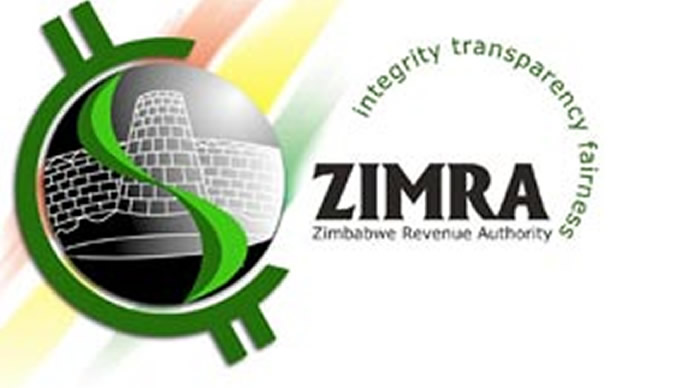Zimra extends tax amnesty period

Oliver Kazunga Senior Business Reporter
THE Zimbabwe Revenue Authority (Zimra) has extended the tax amnesty period by three months to June this year following a request by businesses and their representatives. The government granted the amnesty to defaulting firms last year to allow them to rectify tax offences committed between February 2009 and September 2014.
The move was aimed at ensuring that Zimra recovers millions of dollars owed to the State in unpaid statutory obligations.
“In response to a request by clients and their representatives, Zimra hereby advises our valued clients that government has extended the period within which applications for tax amnesty may be accepted by three months from 31st March, 2015 to 30th June, 2015.
“This means that Zimra will continue accepting applications for tax amnesty up to June 30, 2015,” Zimra commissioner general Gesherm Pasi said.
“The tax amnesty is still in respect of any non-compliance, which occurred during the period beginning August 1, 2009 to September 30, 2014. Taxpayers will still be required to submit applications for tax amnesty on Form No.TAO1 (obtainable from the Zimra website. . .)”
Zimra said issues already covered in completed or on-going audits or investigations and other enforcement activities were still not covered by the amnesty.
“The payment period still ends on 31st December, 2015 except for cases covered by the legislation. The five percent discount is still applicable for early payment of amounts due,” it said.
Last month, businesses with outstanding tax and through their representatives made a request to Finance and Economic Development Minister Patrick Chinamasa to extend the amnesty window.
An economic commentator, Peter Mhaka said companies sought the extension of the tax amnesty because paying back taxes dating back more than five years would push them out of business taking into consideration that a number of them were ailing.
“The amnesty might have been hindered by the fact that most firms have calculated that paying taxes dating back more than five years, although with no penalties or interest, is a mammoth task for them considering that most of the defaulting companies are ailing and the liquidity crunch prevailing in the economy since the introduction of a multi-currency system in February 2009 would drive them out of business completely if they’re to settle the outstanding tax within a short space of time,” he said.








Comments